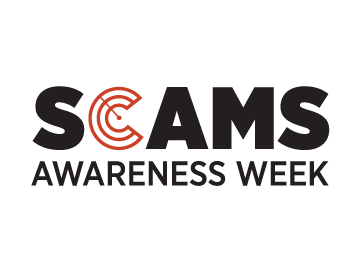40 results, showing 1 to 10
Criminals are impersonating real businesses and offering fake sustainability investment bonds. They claim these bonds offer high returns and are protected by the government.
Scammers pretending to be real businesses are sending fake invoices to customers, with scam bank account details. These may seem to come from a business you expect an invoice from - but scammers have stolen their identity to steal your money.
The National-Anti Scam Centre is warning HSBC customers to watch out for scam texts that appear to be from their bank.
Australians reported a record $211 million in losses to scams so far this year, an 89 per cent increase compared to the same period last year, according to new data from Scamwatch.

Investment scams reported to Scamwatch have cost Australians over $70 million in the first half of this year, more than the total losses reported to Scamwatch for all of 2020, and projected losses are set to reach $140 million by the end of the year.

Last year scammers stole close to $34 million collectively from people who identified as culturally and linguistically diverse (CALD), people with disability, and Indigenous Australians.

Payment redirection scams were the most financially damaging scams for Australian businesses in 2020 according to the ACCC’s latest Targeting Scams report.
Australian businesses reported over $14 million in losses to Scamwatch due to payment redirection scams last year, and average losses so far in 2021 are more than five times higher compared to average losses in the same period last year.

Australians reported a record-breaking $37 million lost to Scamwatch last year for dating and romance scams. Total losses are expected to be much higher and scammers are now using dating apps to lure victims into investment scams.

The ACCC has launched a podcast series for this year’s National Scams Awareness Week to provide Australians with tips on how to protect their personal and financial details from scammers.



